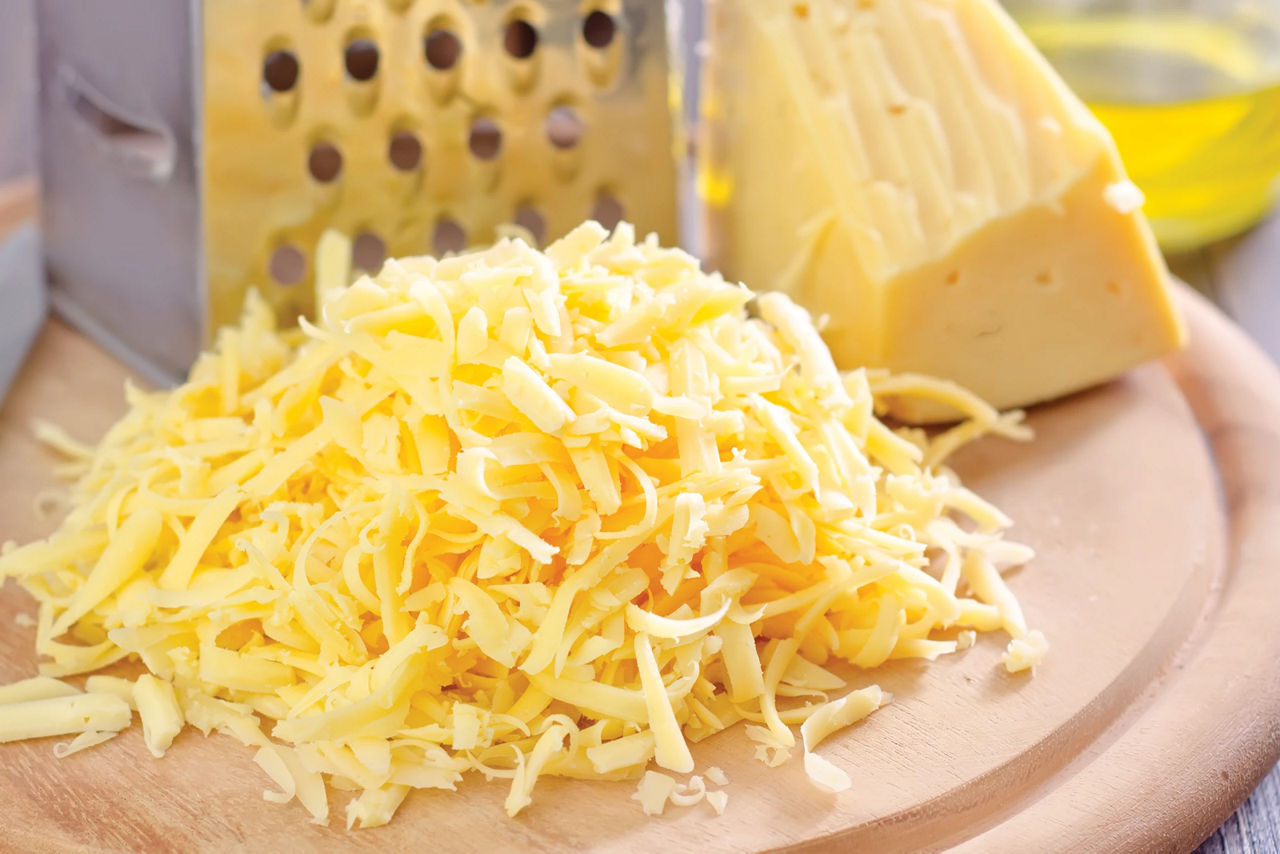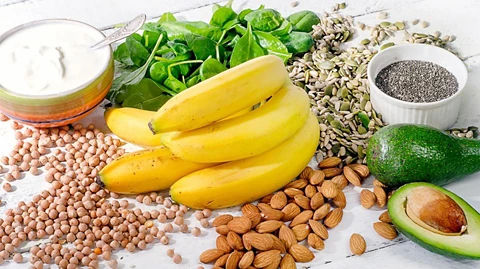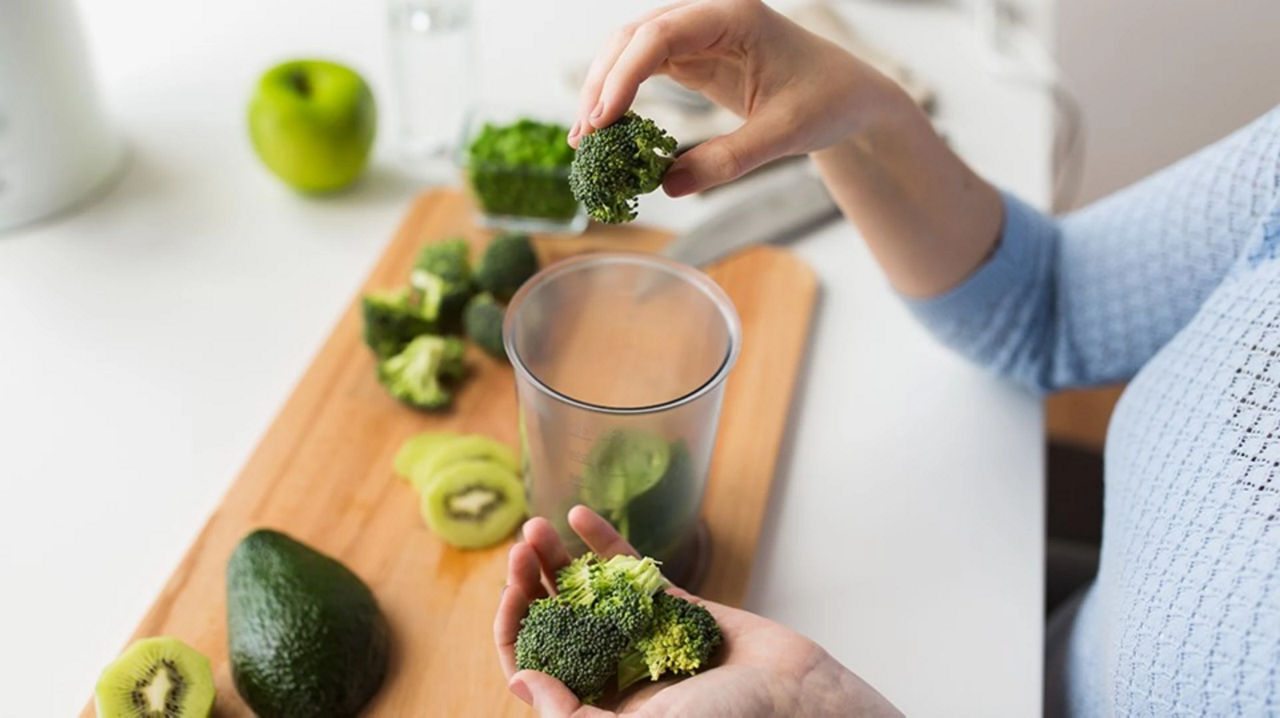RNI of vitamin D = 7 micrograms per day.
Well-known for its role in normal bone development, vitamin D has several other important functions. It plays a part in building a healthy immune system that will protect your toddler as they grow, aiding healthy immune function and defending against infections. This sunshine-generated vitamin is also associated with a reduced risk of allergies.
The main source of vitamin D is UVB rays from the sun. Unfortunately, the latitude of the UK means we only get sufficient levels of sunlight from April to October. The use of sunscreen, which is important to protect your toddler’s skin, provides another barrier to getting enough vitamin D naturally.
In fact, the average toddler intake of vitamin D is just 27% of the recommended daily amount from food sources alone.
Some foods contain vitamin D, but it’s difficult for toddlers to get the recommended levels from diet alone. This is why healthcare professionals recommend that toddlers are given supplements with vitamin D every day. Vitamin drops or a fortified growing up milk will help to provide your toddler with the intake they need.







